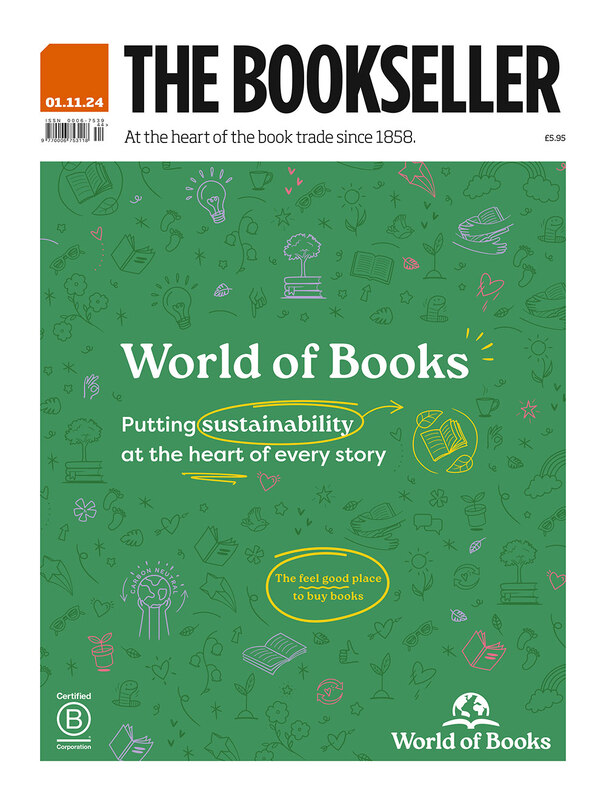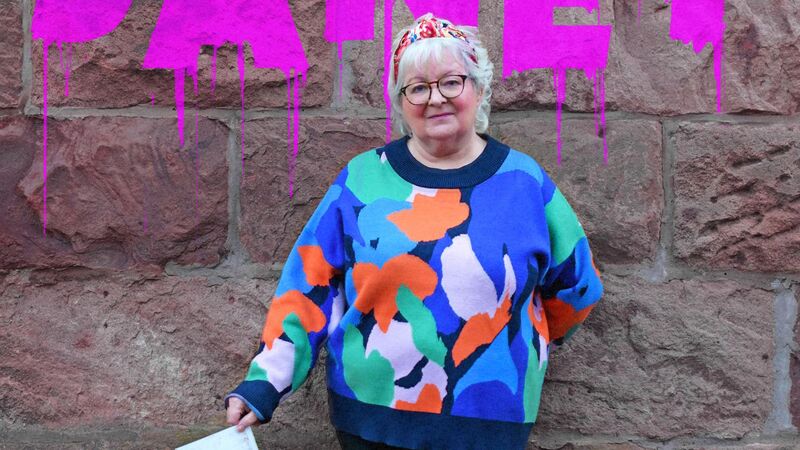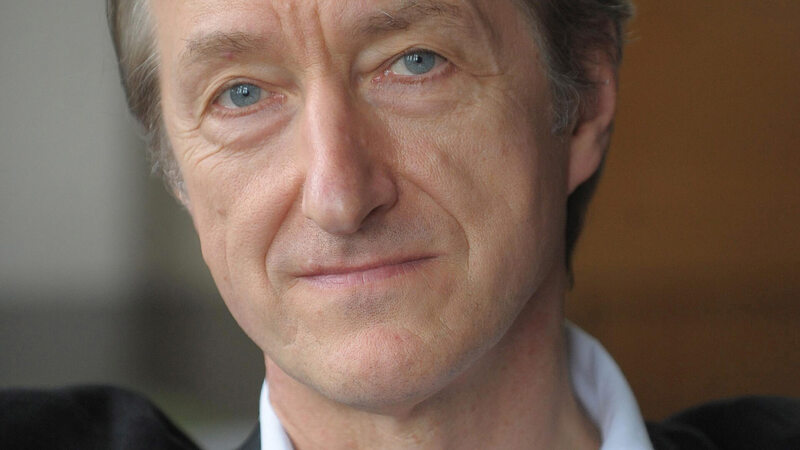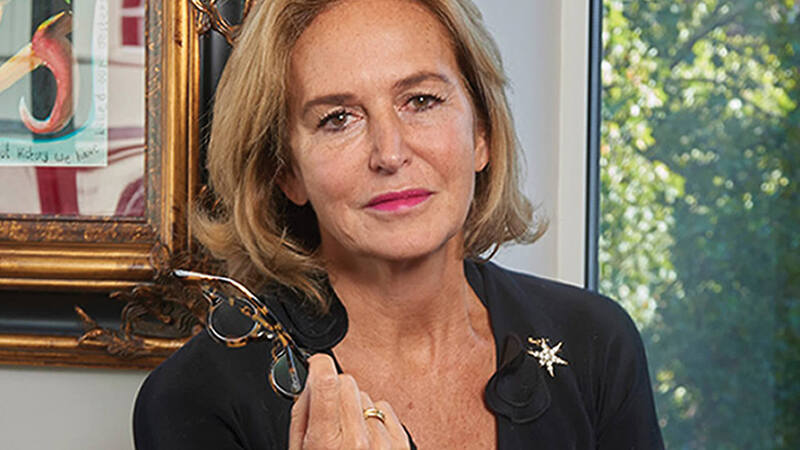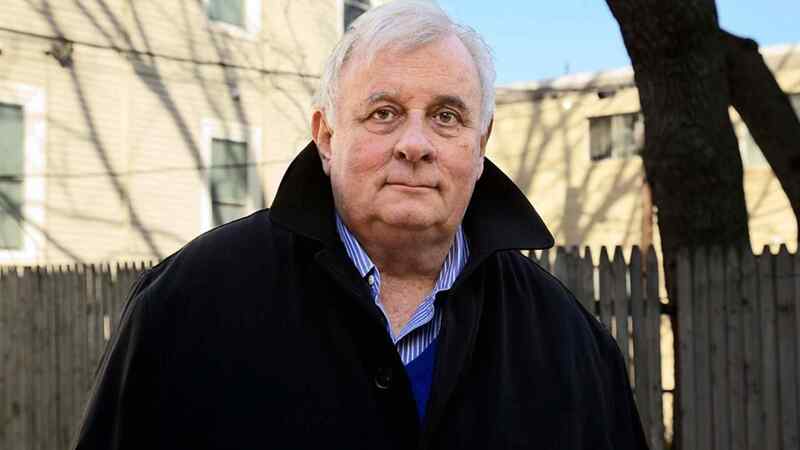You are viewing your 1 free article this month. Login to read more articles.
Seize the movement
From the New Sincerity to Millennials of Resistance, publishers should tap into the trends shaping literary thought.
One thing that can’t be denied about literary movements is that they shift books; it must be to do with the "M" word. Movements are catalysts, they shift culture towards the new, defining moments of change. And when we think of the major literary movements of the past, it’s the poets who come to mind. Although the Romantics had their essayists and novelists, it’s Keats and Wordsworth we think of first. Modernism looms large with Woolf and Proust, but it began a decade earlier, with the poets inventing Imagism. And the Beats eventually went on the road with prose, but it all began with Ginsberg’s reading of "Howl" in San Francisco. So where are the current movements, and more to the point: if you’re a publisher, why not dynamise your list with the poets who will get one moving?
Ginsberg, known for his experimentation with drugs and cosmic world view, was defined by another skillset: marketeering. Before writing "Howl", the young Ginsberg worked as a market researcher. This wasn’t wasted on him, for when the Beat movement was defined, some of the poets associated with it tried to hide from the idea of a collectivised group, which they felt could be limiting. Jack Kerouac had initially invented the word "Beat" but later turned against it, saying "I’m not a beatnik, I’m a Catholic". Ginsberg, however, consistently embraced the movement, pushing it until it stuck, helping to cement it in the public consciousness.
I was talking to a Slovakian poet last week and our conversation gravitated towards the poetic cultures in our respective countries. "We have a lot of the New Sincerity," she said. I thought she was talking about an aftershave, but this is the name given to the poets – widely prevalent in the UK too, abundant on Instagram – who are defined by an openness of emotion. In the UK we usually refer to this by its past name, "Confessional Poetry", but how much better to give it a new name – prefixed with the word "‘New". Because contemporary poetry, like any phase of a life, is always new – even if its roots are in the past.
We’re living at a moment when we need our publishers to define our literary culture
So, here’s an easy starter for any UK publisher looking to make a move into movements: bring out a generation-defining anthology of New Sincerity poets. While Larkin was busy trying to get out from under the squatting toad, work, American poetry was defined by a dizzying emotional maelstrom. Those waves came travelling over the Atlantic, influencing contemporary UK poetry, and now there are dozens of poets making work out of the psychic pressures of contemporary life. From the brilliant Rachel Long to Donna Ashworth, who has captured the attention of millions of people, ending 2023 with five books in the poetry Top 20 – in a year that recorded the highest ever sales of poetry since BookScan started a decade ago – there are so many great poets to bring together for this generation-defining anthology.
Or what about the poets who are currently taking their bodies to extremes to connect with nature, then writing about it in incredible poetry? Long coats and flowery scarves left way back on the shore, these are the poets who are breaking down the traditional human approach of staring at nature, choosing instead to immerse in it. From John Wedgwood Clark’s Sea Swim to Elizabeth Jane-Burnett’s Swims to Karen Smith, who inspires readers with her extreme watery encounters which "feel magical and elemental… there’s something in the yielding and the surrender". It’s time to gather these poets together to make a new classic defining this shift towards wild physical encounters. This is the Wild Swimmers Movement.
And then come the Millennials of Resistance. The past five years have seen us live through a tide of poetic resistance, with poets who reached adulthood anywhere between the Millennium and 2024 having an intuitive drive for collectivised protest. This has a resonance with the protests of the 1960s but unlike then, our era of poetic protest is going largely undocumented. Not only is our contemporary political-fused poetry yet to be captured it is yet to be named. There’s great opportunity for publishers to capture this insurgence on their lists, through publishing individual collections or grouping the poets together in anthologies.
The truth of poetry is that, like the world, it doesn’t sit still. Poets don’t watch the world waiting for clarity to emerge, writing about it later, in tranquillity. Poetry is emergent, soaking up the societal tremors of change and making the invisible visible, long before we’ve named it. With the grassroots of poetry being low-fi and responsive, this means that poets are historically the weathervane for new winds. But publishers are the engineers who make this visible, and just as Ginsberg’s "Howl" wouldn’t have exploded without the publishing ingenuity of City Lights, we’re living at a moment when we need our publishers to define our literary culture. Be bold, be inventive, trust to intuition – and map the changing tides of our time.


